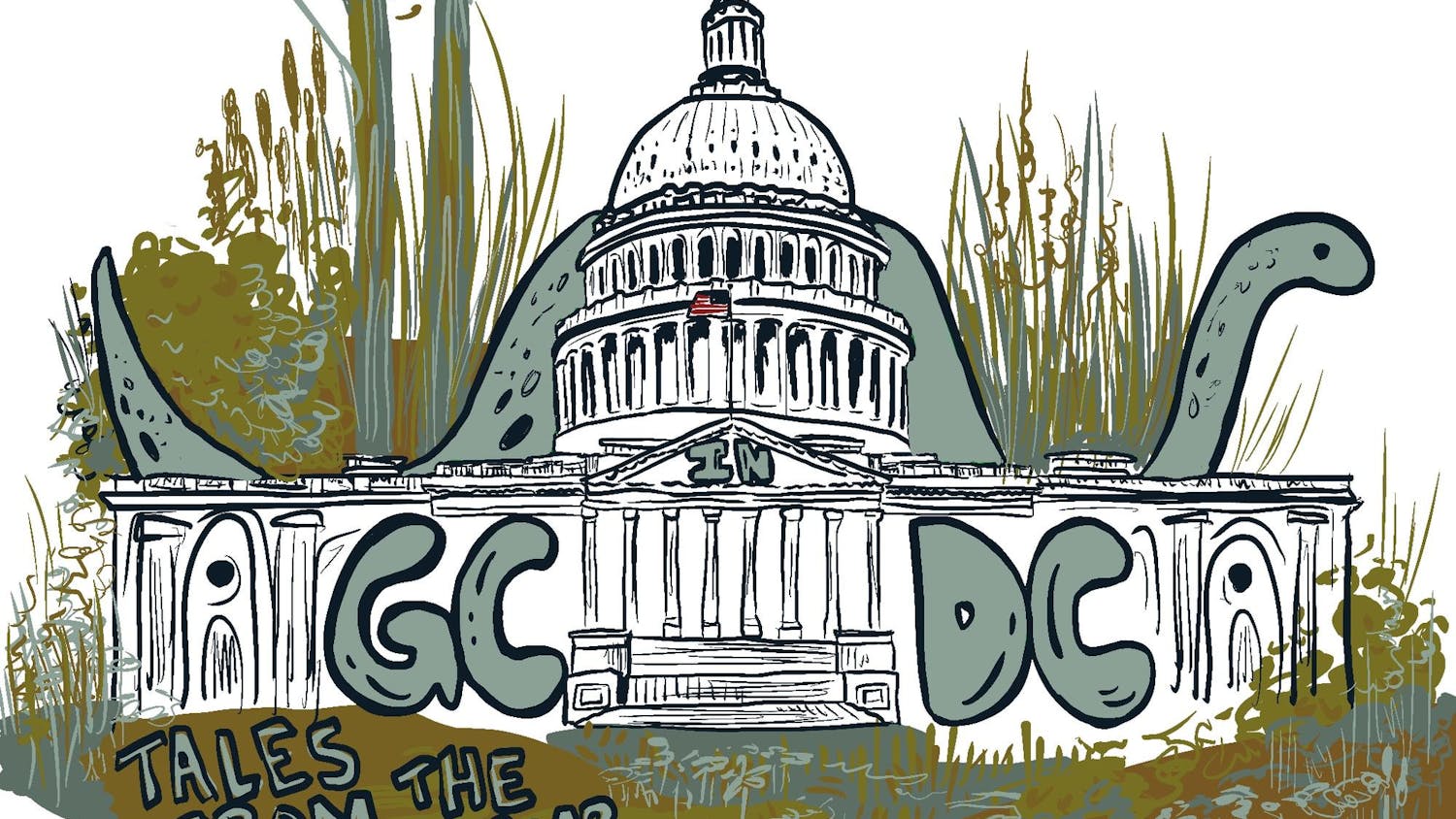This week, I was worried I would have to dip into my “articles I can use when nothing is happening” reserve, as there were no primaries on either side of the aisle. On Saturday, however, this crazy election year got even crazier with the death of Supreme Court Justice Antonin Scalia. The country’s highest court now has its first opening in more than five years.
Republicans immediately responded by saying they would block any Obama appointee. Senate leader Mitch McConnell noted, “the American people should have a voice” in the process, implying the next President ought to get to make the appointment, a theme echoed in Saturday’s debate. While this line of reasoning is pretty ridiculous (is Barack Obama supposed to just golf until the election?), it’s hard to blame Republicans for this reaction.
According to Martin-Quinn scores, an estimation of justices’ ideological disposition, the Court has leaned conservative since before 1970. Recently the balance has been (more or less) 4 conservatives, 4 liberals, and a swing vote, in this case Anthony Kennedy, who leans slightly conservative. The result of all this has been, well, balance. Liberals have won on same-sex marriage and healthcare while conservatives have won on campaign finance and gun control.
Somewhat fortuitously, recent outgoing judges in the court (remember, Supreme Court terms are for life, unless the justice resigns) have ideologically matched up with the ideological leanings of the then-President, keeping this balance in place. In other words, President Obama replaced two liberal-leaning justices with two liberal-leaning justices, and President Bush replaced two conservative-leaning justices with two conservative-leaning justices.
Justice Scalia was, to put it lightly, a conservative judge. He believed in an originalist interpretation of the Constitution, that the document ought to be interpreted with the meaning its writers intended in the 1780s. His fiery criticism of affirmative action and persistence to overturn Roe v. Wade, which made abortion legal in the United States, will not soon be forgotten.
For the first time in a generation, since Bill Clinton replaced Justice Byron White with Justice Ruth Bader Ginsberg in 1993, a sitting president will have a chance to decisively shift the balance of the court. Republicans have every right to be wary.
The Republicans are making a dangerous gamble. President Obama knows he’ll need to nominate a moderate if he wants any chance at getting Senate confirmation. Suppose the Republicans block all candidates until the election, and the Democrats win. Hillary Clinton or Bernie Sanders would have the opportunity to push the Court further to the left than Obama could even dream about.
Article II of the United States Constitution is pretty clear in terms of executive powers. It does not mention not appointing Supreme Court justices in an election year.In Saturday’s debate, the moderator reminded Harvard Law alumnus Ted Cruz of this the hard way, interrupting a speech to point out that Ronald Reagan appointed the aforementioned Kennedy in 1988. A Ted Cruz stare down that slowed down time and might have triggered a gravitational wave followed.
More from The Tufts Daily





